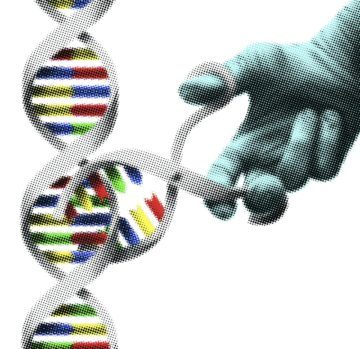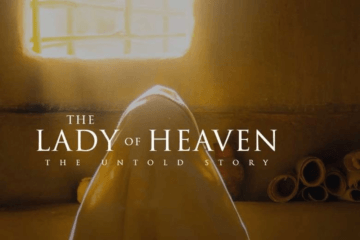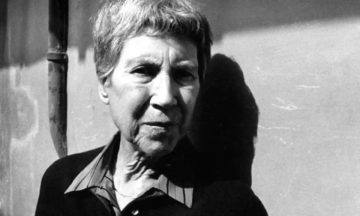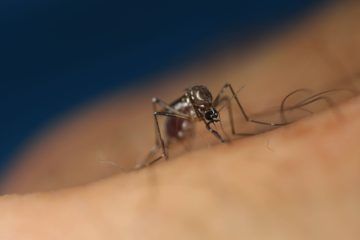Rachel Rebouche in Boston Review:
 Though the 1973 decision in Roe established a constitutionally protected right to abortion, it never guaranteed abortion access. The Supreme Court held only that state criminal laws banning abortion were an infringement of the constitutional right to privacy. Patients, in consultation with their physicians, could elect to have an abortion for any reason during the first trimester of pregnancy. In the second trimester states could regulate abortions in order to protect the pregnant person’s health or the dignity of potential life, but after the second trimester, a state was permitted to ban abortion unless terminating the pregnancy was necessary to preserve the patient’s life or health. This trimester system was abandoned in 1992, when the Court held that states could restrict abortion before viability—around twenty-four weeks of gestation—so long as the regulation did not place a “substantial obstacle in the path of a woman seeking an abortion of a nonviable fetus.” The Court’s decision to reject Roe’s trimester framework nevertheless claimed to preserve “the essential holding of Roe.”
Though the 1973 decision in Roe established a constitutionally protected right to abortion, it never guaranteed abortion access. The Supreme Court held only that state criminal laws banning abortion were an infringement of the constitutional right to privacy. Patients, in consultation with their physicians, could elect to have an abortion for any reason during the first trimester of pregnancy. In the second trimester states could regulate abortions in order to protect the pregnant person’s health or the dignity of potential life, but after the second trimester, a state was permitted to ban abortion unless terminating the pregnancy was necessary to preserve the patient’s life or health. This trimester system was abandoned in 1992, when the Court held that states could restrict abortion before viability—around twenty-four weeks of gestation—so long as the regulation did not place a “substantial obstacle in the path of a woman seeking an abortion of a nonviable fetus.” The Court’s decision to reject Roe’s trimester framework nevertheless claimed to preserve “the essential holding of Roe.”
More here.

 Philosophers have seldom lived up to the ideal of radical doubt that they often claim as the prime directive of their tradition. They insist on questioning everything, while nonetheless holding onto many pieties. Foremost among these, perhaps, is the commandment handed down from the Oracle at Delphi and characterised by Plato as a life-motto of his master Socrates: “Know thyself.”
Philosophers have seldom lived up to the ideal of radical doubt that they often claim as the prime directive of their tradition. They insist on questioning everything, while nonetheless holding onto many pieties. Foremost among these, perhaps, is the commandment handed down from the Oracle at Delphi and characterised by Plato as a life-motto of his master Socrates: “Know thyself.” Ten years ago this week, Jennifer Doudna and her colleagues
Ten years ago this week, Jennifer Doudna and her colleagues  “Birmingham will not tolerate the disrespect of our Prophet… You will have repercussions for your actions.” So
“Birmingham will not tolerate the disrespect of our Prophet… You will have repercussions for your actions.” So  When I first read Natalia Ginzburg’s work several years ago, I felt as if I was reading something that had been written for me, something that had been written almost inside my own head or heart. I was astonished that I had never encountered Ginzburg’s work before: that no one, knowing me, had ever told me about her books. It was as if her writing was a very important secret that I had been waiting all my life to discover. Far more than anything I myself had ever written or even tried to write, her words seemed to express something completely true about my experience of living, and about life itself. This kind of transformative encounter with a book is, for me, very rare, a moment of contact with what seems to be the essence of human existence. For this reason, I wanted to write a little about Natalia Ginzburg and her novel All Our Yesterdays. I would like to address myself in particular to other readers who are right now awaiting, whether they know it or not, their first and special meeting with her work.
When I first read Natalia Ginzburg’s work several years ago, I felt as if I was reading something that had been written for me, something that had been written almost inside my own head or heart. I was astonished that I had never encountered Ginzburg’s work before: that no one, knowing me, had ever told me about her books. It was as if her writing was a very important secret that I had been waiting all my life to discover. Far more than anything I myself had ever written or even tried to write, her words seemed to express something completely true about my experience of living, and about life itself. This kind of transformative encounter with a book is, for me, very rare, a moment of contact with what seems to be the essence of human existence. For this reason, I wanted to write a little about Natalia Ginzburg and her novel All Our Yesterdays. I would like to address myself in particular to other readers who are right now awaiting, whether they know it or not, their first and special meeting with her work. The viruses that cause the tropical diseases Zika and dengue fever can hijack the body odour of their hosts to their advantage, a study shows
The viruses that cause the tropical diseases Zika and dengue fever can hijack the body odour of their hosts to their advantage, a study shows